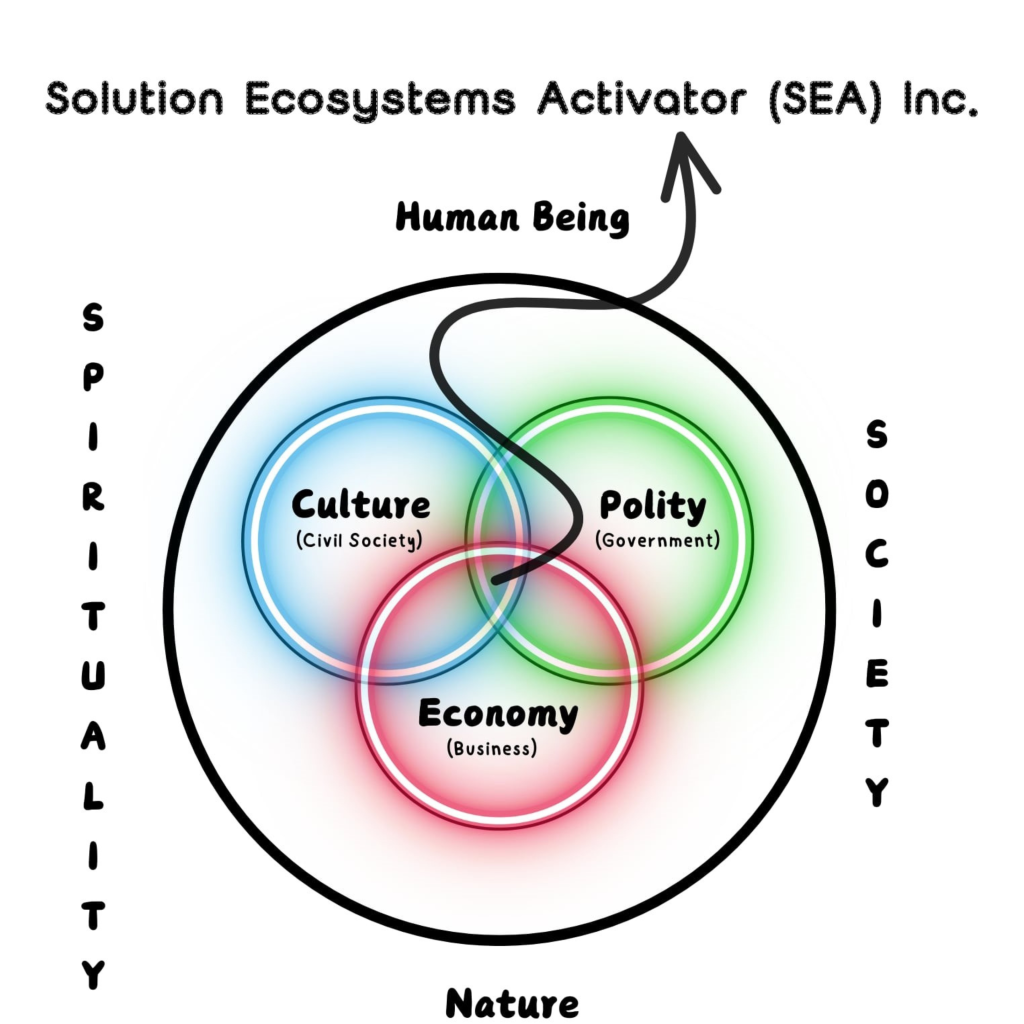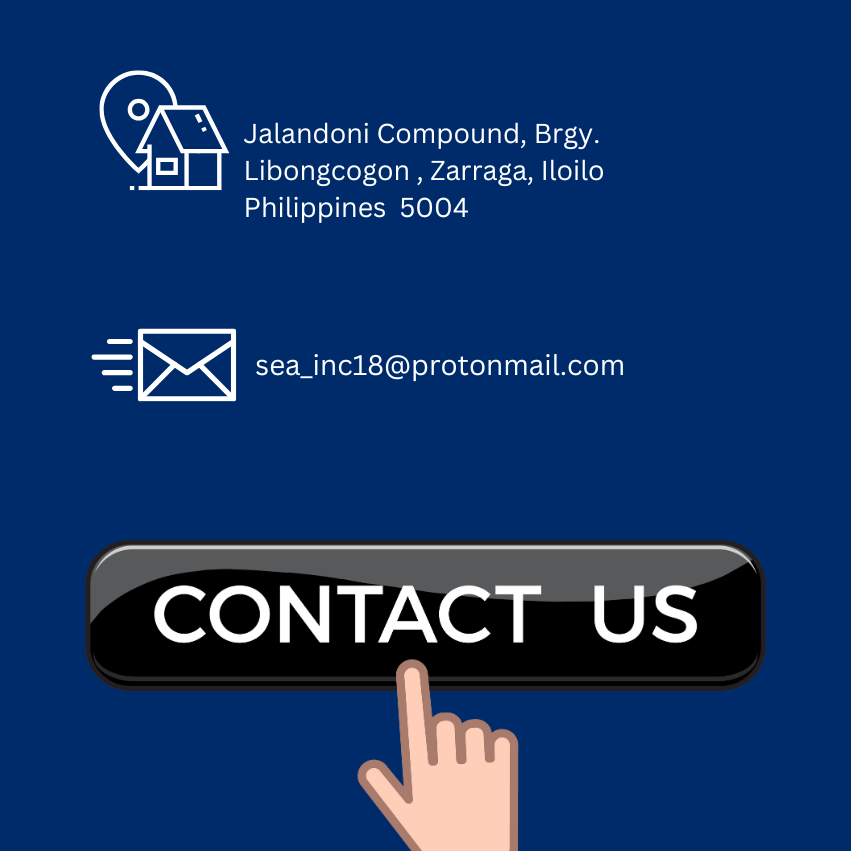The Impact of Solution Ecosystems Activator (SEA Inc.) through IPAT-SIAD Programs

The Solution Ecosystems Activator (SEA Inc.) has been making significant strides in community development through its Integrated Participatory Accountability and Transparency (IPAT) and Sustainable Integrated Area Development (SIAD) programs. By engaging in a threefold approach—polity, culture, and economy—SEA Inc. is transforming not just the landscape of local governance but also the fabric of community life. Here’s a detailed look at the multifaceted impact of these initiatives.
1. Polity: Empowering Governance Through Engagement
The internalization of the IPAT-SIAD Governance Framework has led to robust capacity building among SEA Inc. staff and volunteers. This is not just about ticking boxes but creating a culture of understanding and advocacy.
- Capacity Building Initiatives: Staff training sessions have broadened participants’ knowledge on critical governance topics such as globalization, local governance (LGC) of 1991, and environmental governance. This enhanced capacity allows staff to confidently facilitate activities like Participatory Rural Appraisal (PRA) and Barangay Development Council (BDC) planning sessions.
- Strengthening Partnerships: The focus on building solid relationships with local government units (LGUs) has led to previously inactive LGU heads stepping up to aid program facilitation. This shows a shift toward collaborative governance, ensuring that the advocacy and mission of SEA Inc. are embraced across the community.
- Capacity Building of Stakeholders: Conducting seven Civil Society Organization (CSO) workshops has engaged 11 barangays, including five pilot areas. These workshops empowered community members to voice their concerns, which were elevated to municipal and regional discussions—integrating grassroots issues into formal governance structure.
2. Culture: Fostering Community Involvement and Unity
SEA Inc.’s cultural impact is evident in how it has galvanized community participation and fostered a sense of unity among diverse groups.
Inclusivity in Governance: Workshops have enabled barangay-based CSOs, religious organizations, and business groups to identify local issues, bringing their specific concerns to the forefront of municipal and regional governance. Notably, issues such as emergency medical kits, livelihood training, and environmental programs are now part of the barangay’s Annual Investment Plan (AIP).
- Inter-Agency Dialogue: With the involvement of the Municipal Mayor and other stakeholders, community concerns, especially from marginalized sectors like PWDs and solo parents, were addressed directly. The commitment to improve access roads for farmers shows a tangible response to grassroots advocacy.
- Organizing Community Groups: SEA Inc. has successfully organized multiple community associations, such as the Jelicuon Este Women Association (JEWA) and the Bita-og Gaja Rural Workers Association (BiGRuWA). These groups are not just participants; they are now active players in local governance, exemplifying a newfound agency and unity among different sectors.
3. Economy: Building Sustainable Livelihoods and Opportunities
SEA Inc.’s economic impact is woven into the fabric of community resilience and entrepreneurship.
- Livelihood Skills Training: SEA Inc. has facilitated six livelihood skills training programs that teach non-baked food production, empowering groups such as JEWA and the Janipa-an Oeste Farmers Association. This skill-building lays the groundwork for economic self-sufficiency.
- Project Proposal Workshops: By equipping community organizations with the skills to draft project proposals, SEA Inc. has enabled several associations to secure funding. For instance, the Cabilauan Farmers Association received a ₱1.3 million grant for their “PAKBET and More” project, supporting agricultural sustainability.
- Financial Management Training: Initiatives like opening bank accounts for organizations ensure that community funds are managed properly, promoting transparency and accountability. This fosters trust and encourages further investment in local enterprises.
- Registration and Recognition: The successful registration of community associations with the Department of Labor and Employment (DOLE) not only legitimizes these groups but also opens doors to funding and support from various governmental and non-governmental entities.
A Transformative Journey
Through the strategic implementation of the IPAT-SIAD programs, SEA Inc. has effectively mobilized local governance, cultural engagement, and economic empowerment. The internalization of the governance framework has not only enhanced the skills and capacities of staff and community members but also fostered a culture of active participation and accountability. As these initiatives continue to unfold, the impact of SEA Inc. is not merely a momentary change but a transformative journey towards sustainable community development, ensuring that the voices of the people resonate in the halls of governance, culture thrives in unity, and economies flourish with opportunity. The road ahead is bright, with SEA Inc. leading the way!



